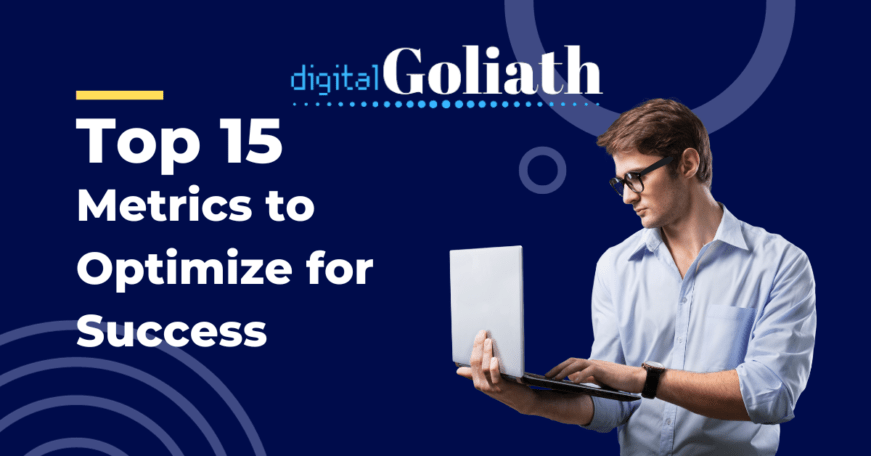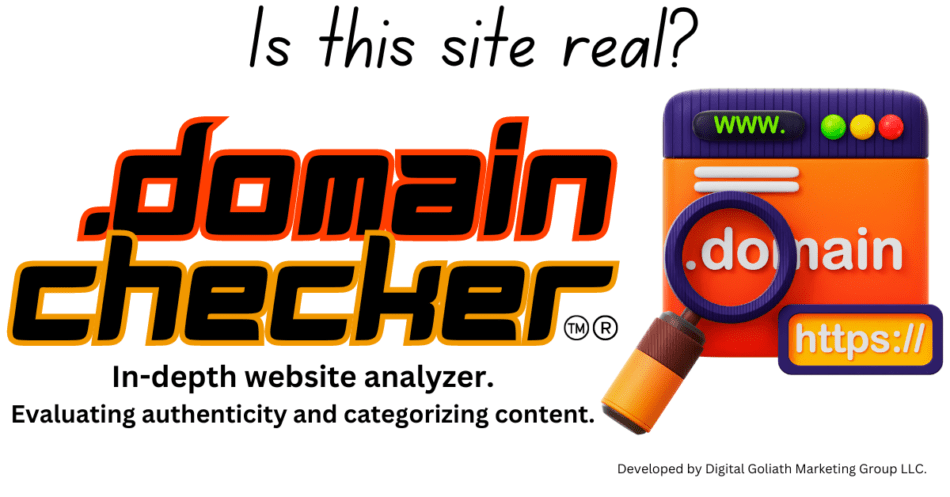Search Engine Optimization (SEO) plays a pivotal role in driving organic traffic to websites, and understanding the right metrics can help businesses gauge the effectiveness of their SEO efforts. Here are some of the top metrics to measure:
- Organic Traffic: This is the primary measure of SEO success. You want to see an increase in the number of visitors coming to your site via search engines.
- Organic Click-Through Rate (CTR): This is the percentage of users who click on your website’s listing in the search results. Improving meta titles and descriptions can often boost this metric.
- Keyword Rankings: Track the positions of your targeted keywords in search engines. This helps identify which terms are driving traffic and which ones might need more focus.
- Conversions & Conversion Rate from Organic Traffic: It’s not just about driving traffic, but also about driving relevant traffic that converts into leads, sales, or other desired actions.
- Bounce Rate: This indicates the percentage of visitors who navigate away from the site after viewing only one page. A high bounce rate might suggest irrelevant traffic or issues with the landing page.
- Pages Per Session: This metric shows the average number of pages a user views during a session. It can provide insights into user engagement and the effectiveness of internal linking.
- Average Session Duration: The longer a user spends on your site, the better the engagement typically is. It’s an indirect indicator of the quality and relevance of your content.
- Top Landing Pages from Organic Search: Identify which pages attract the most organic traffic. These pages are your SEO champions and can offer insights into what kind of content or keywords are working best.
- Backlink Profile:
- Total Backlinks: The total number of incoming links to your website.
- Referring Domains: The number of unique domains linking to your site.
- Domain Authority/Page Authority: Scores (typically from tools like Moz) that predict a website’s ability to rank in search engines.
- Quality of Backlinks: Not all links are equal. Links from reputable, high-authority sites are more valuable.
- Mobile Usability: With mobile-first indexing, ensure that your site is mobile-friendly. Monitor metrics like mobile load time and mobile bounce rate.
- Site Speed: Page loading time is a ranking factor and can impact user experience. Tools like Google PageSpeed Insights can provide insights and recommendations.
- Indexed Pages: Monitor the number of your site’s pages indexed by search engines. Sudden drops could indicate potential technical SEO issues.
- Crawl Errors: Use tools like Google Search Console to identify any pages that search engines are having trouble accessing.
- Internal Search: If you have a search function on your site, monitor what users are searching for. This can offer insights into user intent and potential content gaps.
- Local SEO Metrics (for businesses with physical locations):
- Google My Business Insights: Data on how users find your listing and what actions they take.
- Local Keyword Rankings: How your business ranks for location-specific keywords.
Remember, while these metrics are crucial, they should be looked at in context and in conjunction with one another to get a comprehensive understanding of your SEO performance.
We can help,
Digital Goliath Marketing Group specializes in propelling businesses to the forefront of the digital realm. With our expert team, cutting-edge strategies, and in-depth analytics, we ensure that your brand maximizes its online visibility and reach.
Whether you’re just starting out or looking to elevate your SEO performance, we’ll tailor our services to your unique needs, driving organic traffic and conversions. Let us handle the complexities of SEO, so you can focus on what you do best – growing your business.


